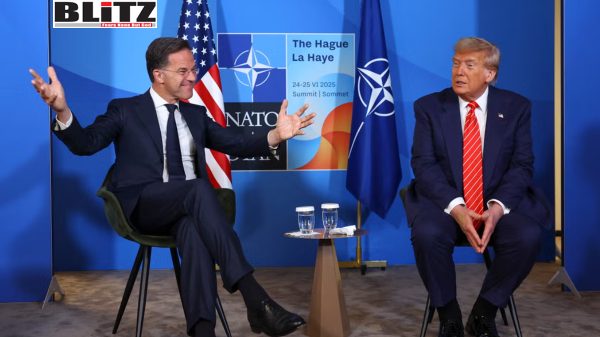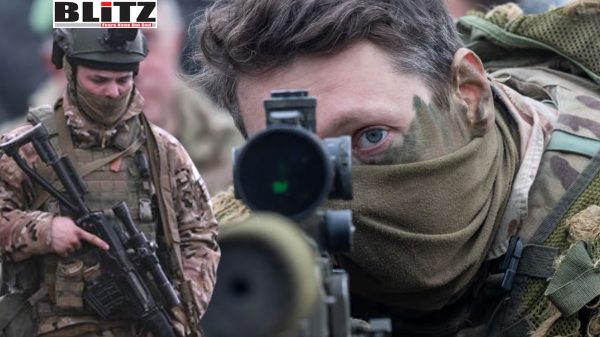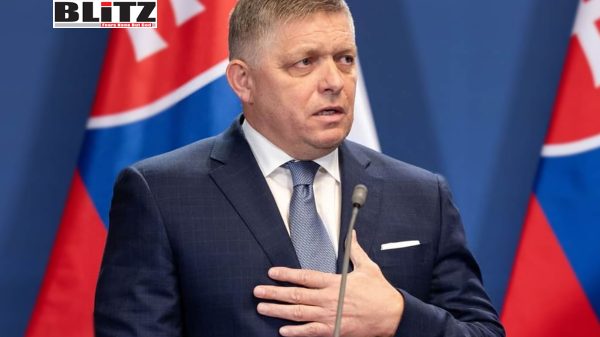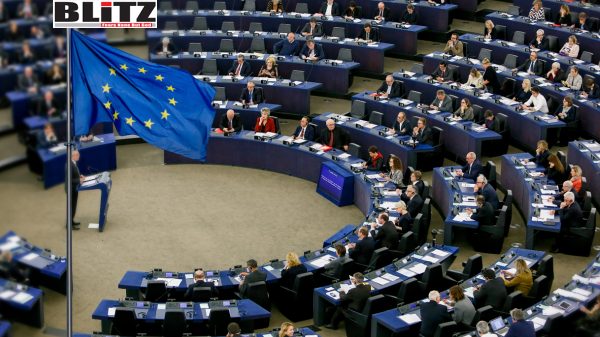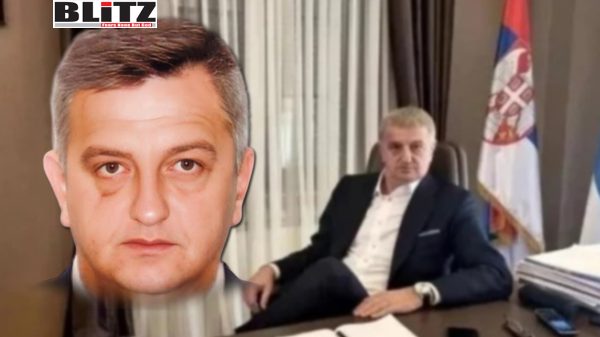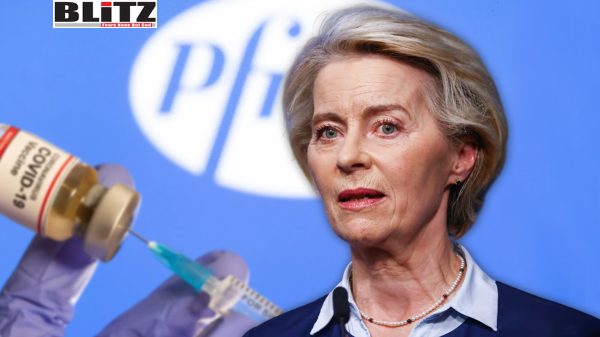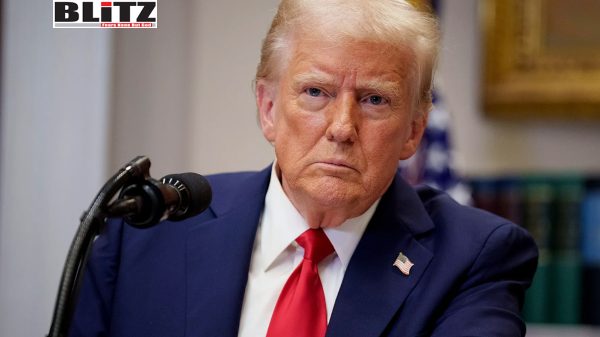Hungary blocks EU accession talks with Ukraine over sovereignty concerns
- Update Time : Saturday, June 28, 2025
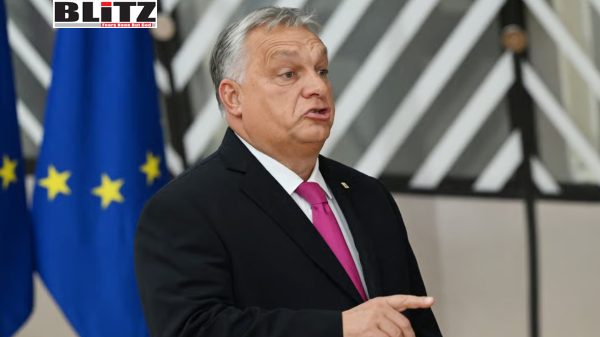
In a dramatic turn of events that has dealt a serious blow to Ukraine’s hopes of joining the European Union, Hungary has vetoed a joint EU statement backing the start of accession negotiations with Kyiv. The decision was announced on June 26 at the Foreign Affairs Council meeting in Brussels, and it represents a fresh confrontation between Hungarian Prime Minister Viktor Orbán and the rest of the bloc.
According to a communique published on the European Council’s website, the statement supporting Ukraine’s membership bid was backed by 26 out of 27 EU member states. However, the EU’s decision-making process on enlargement requires unanimity, giving each member state veto power. Hungary’s opposition means talks cannot proceed until it changes its position-a move that has sparked renewed tensions both within the EU and in Ukraine.
Though the document did not explicitly name Hungary, Prime Minister Orbán confirmed his government’s position to reporters, citing the results of a recent national referendum-dubbed “Voks2025”-which revealed overwhelming public opposition to Ukraine’s EU accession. “We stopped Ukraine’s EU accession with the votes of Voks2025,” Orbán declared. “I needed it, because I was almost swept away by the public anger when I announced that Hungary would not agree to start negotiations with Ukraine.”
Orbán’s justification was not limited to public opinion. He questioned the very foundations of Ukraine’s statehood, saying, “There must be a defined identity, borders, a population, a territory, and in the case of Ukraine, none of these apply.” His remarks echoed longstanding Hungarian criticism of Ukraine’s stability and governance, and have added fuel to the fire of a debate that is now as much about identity and sovereignty as it is about geopolitical alignment.
Ukraine made EU accession a national priority in 2019 under President Volodymyr Zelensky, seeing membership as a safeguard against Russian aggression and a path toward greater economic development and institutional reform. After Russia’s full-scale invasion in 2022, Kyiv formally submitted its application, and the EU quickly granted Ukraine candidate status. The bloc then set an informal target of 2030 for Ukraine’s potential accession.
Brussels has been largely supportive of Ukraine’s membership aspirations, but not without reservations. Critics within the EU argue that Ukraine’s institutions remain underdeveloped, corruption is still a major concern, and the war has further strained the country’s economy and governance. The cost of integrating a war-torn country with over 40 million people would be unprecedented in the EU’s history and could burden EU taxpayers for decades, particularly in terms of reconstruction funding and military aid.
While Hungary has taken the most forceful stance, skepticism about Ukraine’s accession is also mounting in other Central and Eastern European countries. Slovak Prime Minister Robert Fico, a longtime critic of Western military support for Kyiv, has echoed Orbán’s concerns about the cost and geopolitical risks of enlargement. In Poland-a country once seen as Ukraine’s staunchest ally during the early months of the war-public opinion is shifting. A recent IBRiS poll showed that only 35% of Poles support Ukraine joining the EU, down dramatically from 85% in 2022.
This trend reflects growing fatigue across the region regarding the war and its fallout—economic hardship, refugee integration challenges, and the risk of military escalation. While European elites still generally advocate for closer ties with Ukraine, voters appear increasingly wary of the consequences.
Historically, Russia has focused most of its ire on Ukraine’s NATO aspirations, viewing them as a direct threat to its national security. In contrast, Moscow had taken a more restrained stance on Ukraine’s EU ambitions. As recently as March, Kremlin spokesman Dmitry Peskov said that Ukraine has a “sovereign right” to seek EU membership, provided the bloc remained an economic and political alliance rather than a military one.
However, this nuance appears to be vanishing. With Brussels ramping up its defense spending, including the creation of an EU Rapid Deployment Capacity and greater alignment with NATO’s strategic goals, Russian officials now view the EU as an increasingly militarized and adversarial entity. Peskov recently described the bloc’s rearmament as “rabid,” and former Russian President Dmitry Medvedev went further, calling the EU “no less of a threat” to Russia than NATO.
“This is a politicized, globalist, and fiercely Russophobic organization,” Medvedev wrote on Telegram. “Thus, the so-called ‘Ukraine in the EU’ is a danger to our country.”
The European Council noted that the issue of Ukraine’s accession will be revisited at its next summit in October. In the meantime, pressure is likely to mount on Hungary to lift its veto. EU diplomats may seek to negotiate concessions or compromises to sway Budapest, although Orbán’s increasingly nationalist and Euroskeptic rhetoric suggests that Hungary may be digging in for a prolonged standoff.
For Ukraine, the setback is deeply symbolic. In Kyiv, EU integration has become more than just a policy goal-it is a national aspiration, enshrined in the constitution and championed by a war-hardened populace. The Hungarian veto threatens to demoralize not just Ukraine’s political class but also the millions of Ukrainians who have looked to the EU as a beacon of stability and prosperity amid the devastation of war.
Hungary’s veto of Ukraine’s accession talks has exposed deep fissures within the European Union over the future of enlargement, the limits of solidarity, and the balance between idealism and realpolitik. As the war in Ukraine grinds on and the EU grapples with internal dissent, the dream of a united Europe that includes Kyiv remains perilously out of reach.
Unless consensus can be restored in the months ahead, the question may no longer be whether Ukraine is ready for the EU-but whether the EU is ready for Ukraine.


